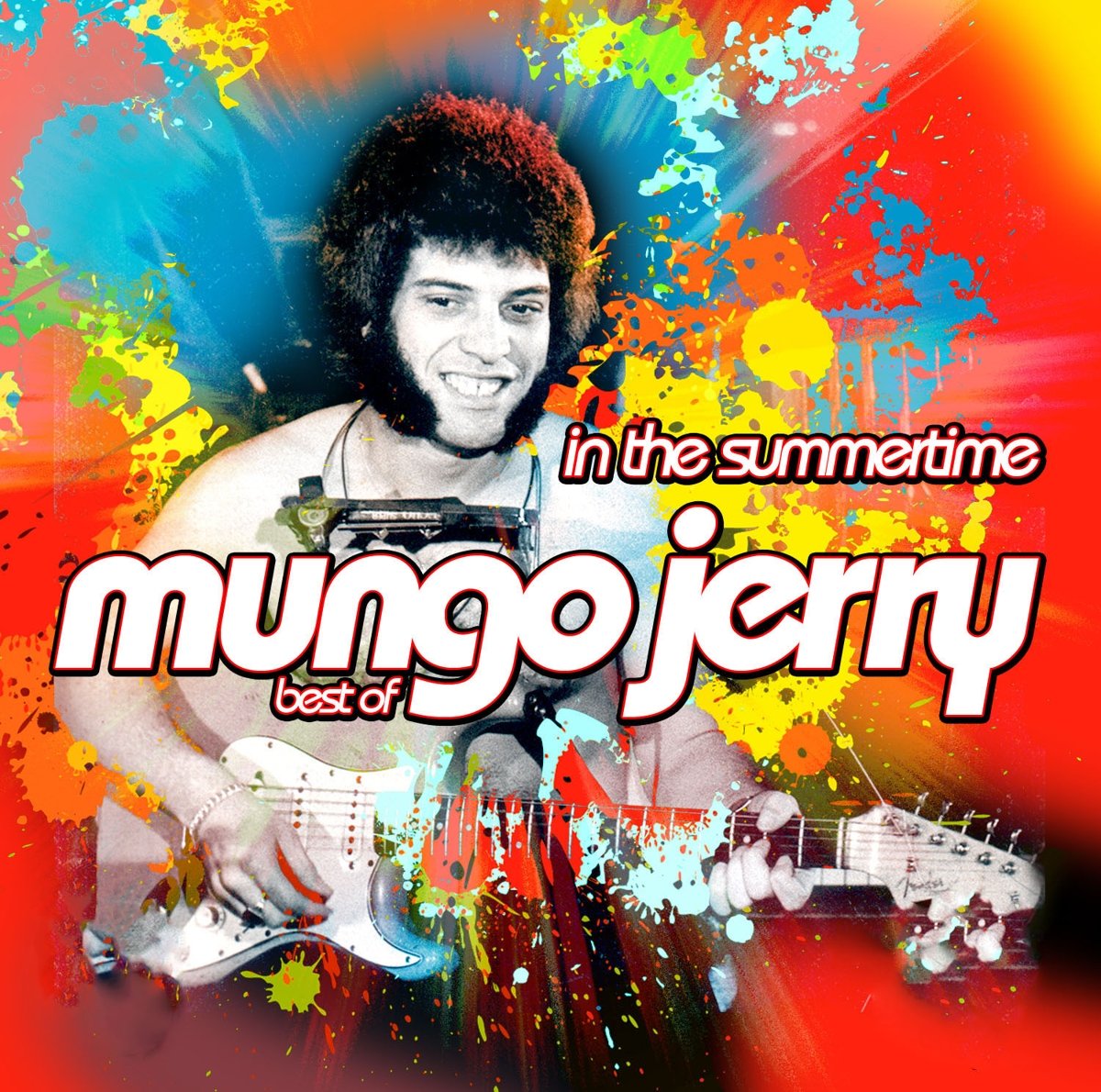Introduction

Few songs capture the carefree joy of summer quite like Mungo Jerry’s “In the Summertime.” Released in 1970, this infectious ditty rocketed to the top of charts around the world, becoming Britain’s biggest-selling single of that year and securing its place as a timeless summer anthem. But what’s the story behind this iconic tune?
Born from the mind of bandleader Ray Dorset, “In the Summertime” was a product of its time. Influenced by the burgeoning skiffle revival and infused with bluesy swagger, the song’s simple yet irresistible melody belied its deeper roots. The washboard, a signature skiffle instrument, added a unique percussive layer, while Dorset’s distinctive vocals exuded a laid-back charm that resonated with listeners.
Lyrically, the song is an ode to the simple pleasures of summer: warm sunshine, lazy days, and good vibes. Lines like “Have a drink, have a smoke / Don’t seem to have no time” perfectly encapsulated the carefree spirit of the era. It wasn’t just about the music; Mungo Jerry’s flamboyant stage presence, complete with Dorset’s signature long hair and bandana, further cemented the song’s association with youthful liberation and unbridled fun.
“In the Summertime” transcended its immediate context, becoming a global phenomenon. It topped charts in countries as diverse as France, Germany, and Australia, proving its appeal wasn’t bound by language or culture. The song’s enduring legacy is evident in its countless covers, appearances in movies and TV shows, and continued presence on summer playlists even decades after its release.
So, crank up the volume, grab your sunglasses, and let “In the Summertime” transport you back to a simpler time, where the sun shines brighter, the days stretch longer, and the good vibes flow freely. It’s a reminder that even in the face of changing times, the simple pleasures of summer never truly fade.